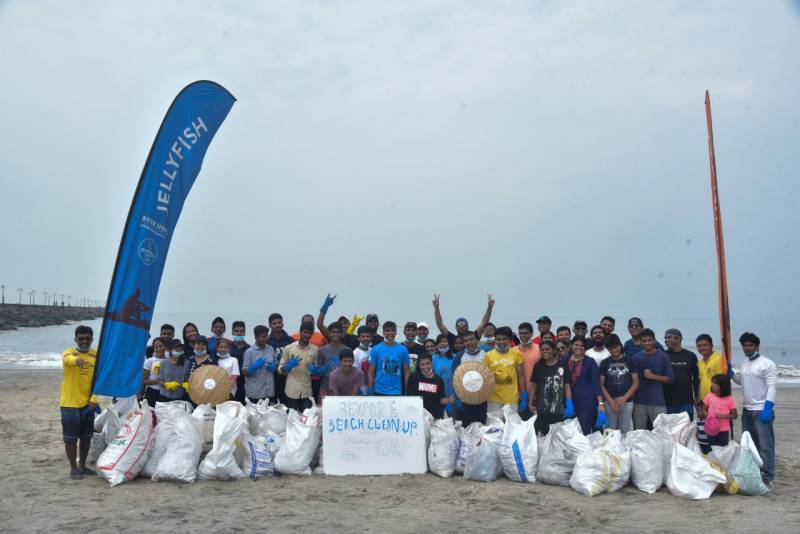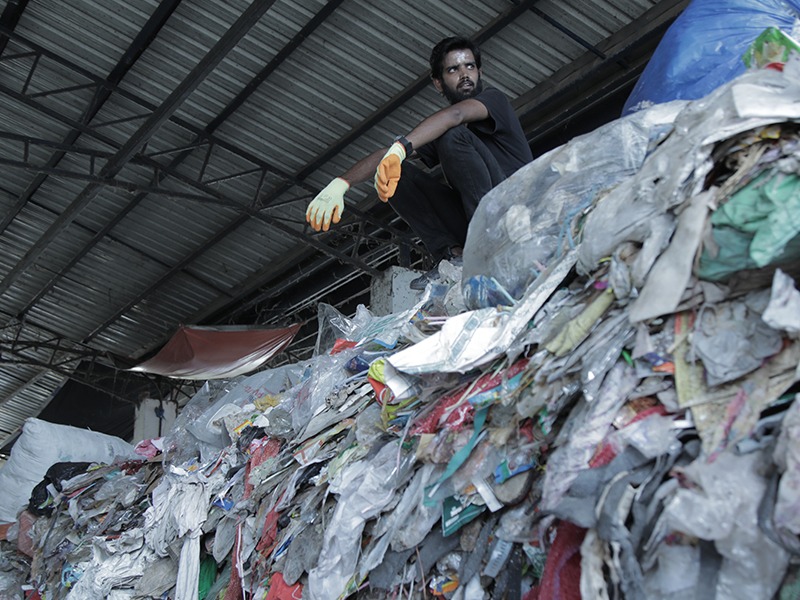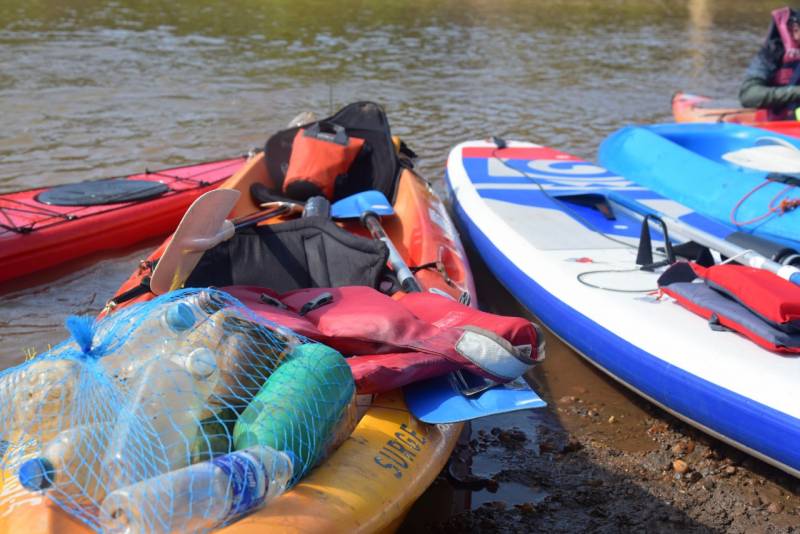In Kozhikode, a marine cemetery for endangered species!
By Aiswarya Sriram
Hyderabad: To show how humans through plastic waste have pushed marine species into a graveyard, a group of paddlers from Jellyfish Watersports with environmentalist Aakash Ranison and Green Beach Mission by the District Administrationok Kozhikode, set-up a one-use plastic marine cemetery at Beypore beach in Kozhikode. The cemetery will be open for display at 5pm on the occasion of Wildlife Conversation Day, Wednesday.
For the past three months more than 100 paddlers waded through 68kms and collected 2000 plastic bottles from Chaliyar River. These have been used to create the marine cemetery, said a Jellyfish Watersports spokesperson. Beypore beach is where the Chaliyar River meets the sea.
Aakash Ranison says, “Like air is important for humans, water is important for fish. Unfortunately we have polluted it so much that marine life is inflicted with various diseases.”

The cemetery is paying respect to nine critically-endangered marine species, including Miss Kerala (Sahyadria denisonii).
“Post-floods, while we were kayaking in the Chaliyar River, it was horrifying to see the volume of plastic in the surrounding areas. We are digging graves for these marine species. We have used and abused single-use plastic, creating havoc in our water bodies as a result of which marine life is being pushed rapidly towards mass extinction. So we thought of showing to people what they are doing” says Kaushiq Kodithodi, founder of Jellyfish Watersports.

According to (International Union for Conversation of Nature) IUCN around 8 million tonnes of plastic waste ends up in ocean every year and 80 percent of the debris in sea is plastic waste.
Aakash Ranison told NewsMeter “A whale fish, in its lifetime stores around 33 tonnes of Carbon di-oxide while a tree contributes only three percent of carbon absorption. It is important that we protect such marine life.”
The fish cemetery will stay for a minimum period of three months.